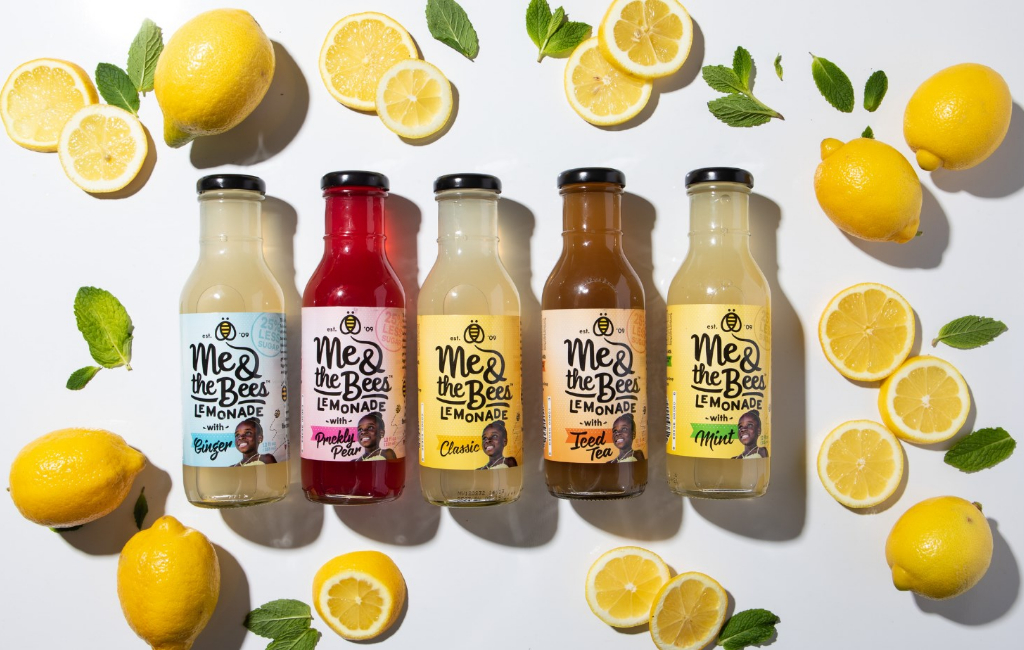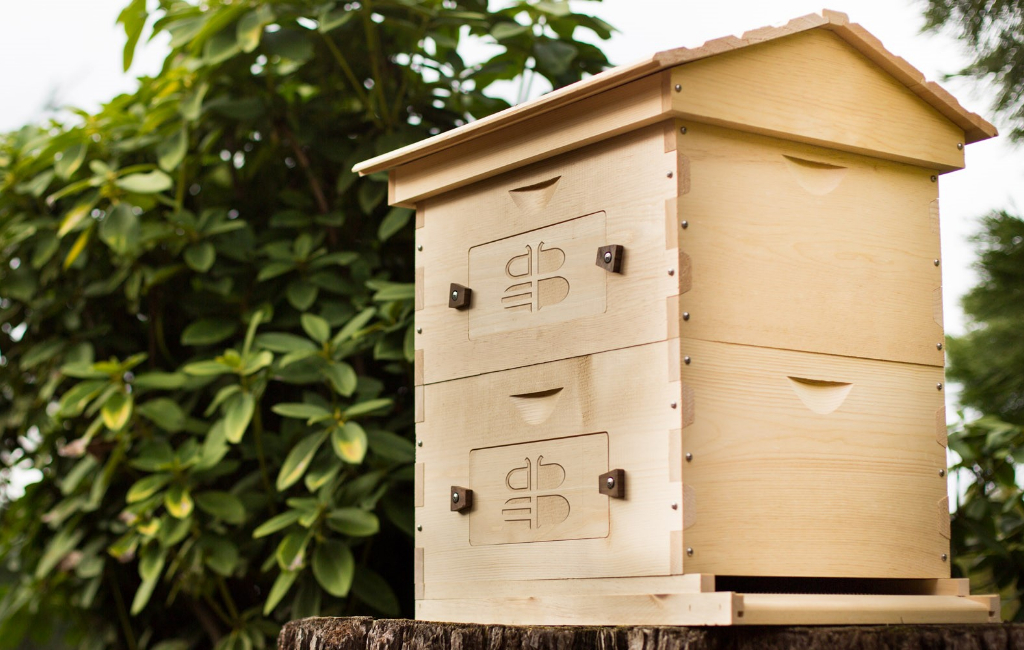The Home T
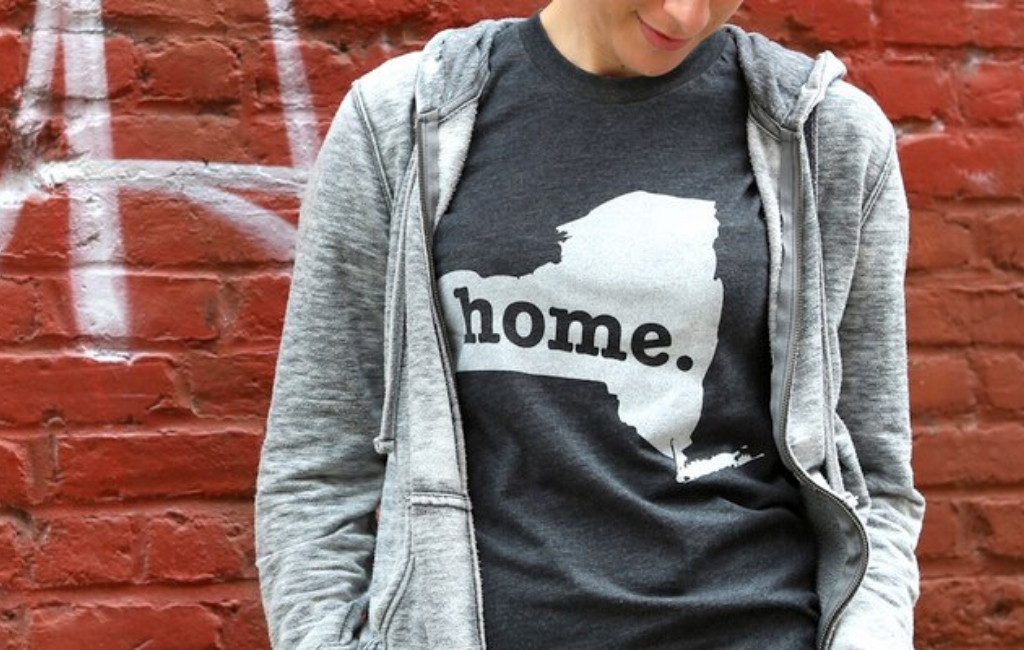
NO DEAL
EPISODE SUMMARY
🕓 Air Date: March 20, 2015
Asking For:
$250,000 for 5%
Investor:
No Deal
Deal:
No Deal
PRODUCT SUMMARY
Home T offers patriotic-themed T-shirts representing different states and countries, aiming to evoke a sense of home pride. The shirts are made in the USA, and a portion of profits is donated to charity.
WATCH HERE
IN A RUSH?
Click these to jump to the section you want to read.
Background Story
Ryan Shell, the founder of Home T, has a unique story rooted in his longing for the comforts of home. Originally hailing from North Carolina, Ryan found himself in the bustling cityscape of New York City. It was in this urban environment that he began to keenly feel the absence of the familiar sights and sounds of his Southern roots. The idea for Home T germinated from a personal desire to stay connected with his homeland while residing in a vastly different setting. Ryan’s professional background in marketing, acquired during his tenure at a major agency in New York City, played a pivotal role in shaping the trajectory of Home T.
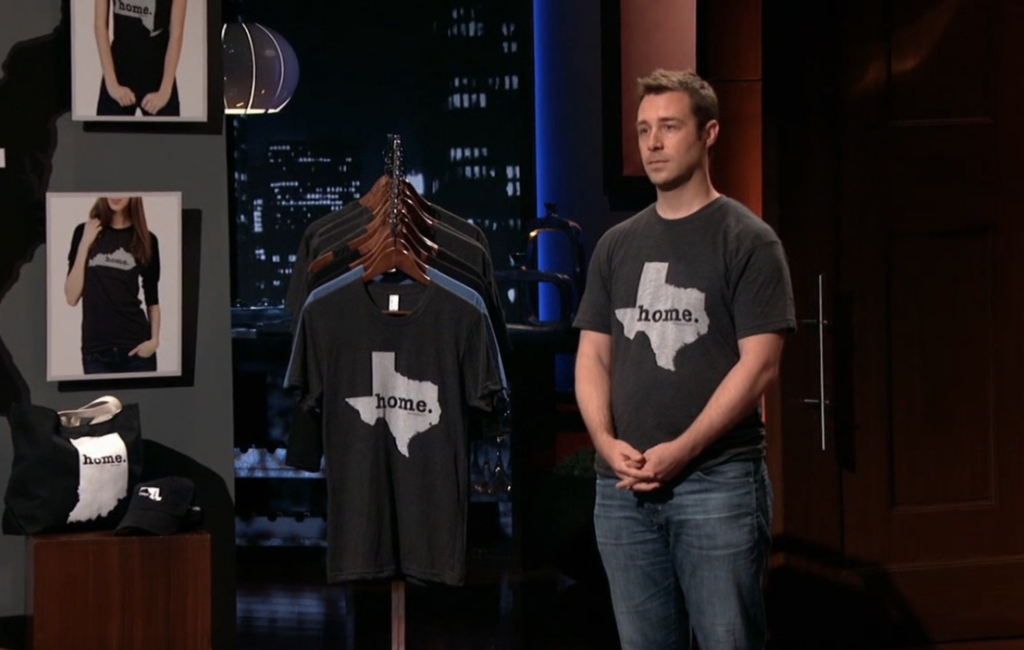
Leveraging his expertise, he embarked on a journey to transform a personal project into a thriving business. The concept was simple but powerful – T-shirts designed to evoke a sense of home pride, each featuring unique state or country-themed designs. As Ryan walked the streets of New York City, he noticed a common thread connecting people from diverse backgrounds – the nostalgia and warmth associated with their places of origin. The idea of wearing a tangible piece of home resonated strongly with individuals, leading to spontaneous expressions of joy from strangers recognizing their shared roots.
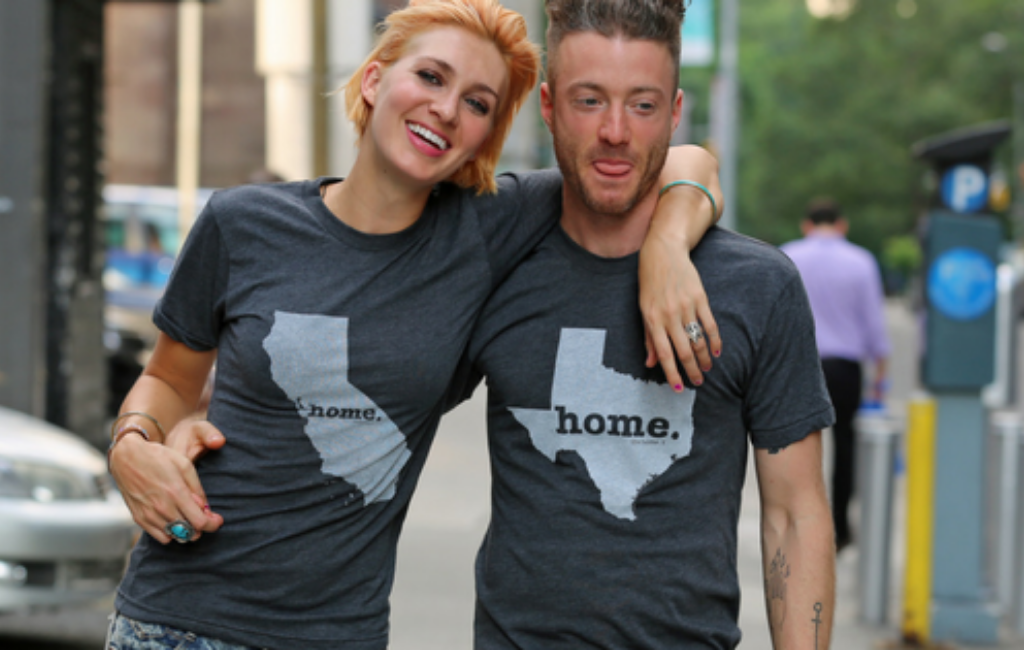
The journey of Home T began as a grassroots movement, with the brand gaining traction through digital marketing and word of mouth. The T-shirts, proudly made in the USA, became a symbol of connection and identity. Over time, the brand expanded its offerings to include hats, tote bags, and pillows, broadening its appeal to those seeking a tangible link to their home state or country, wherever they may be.
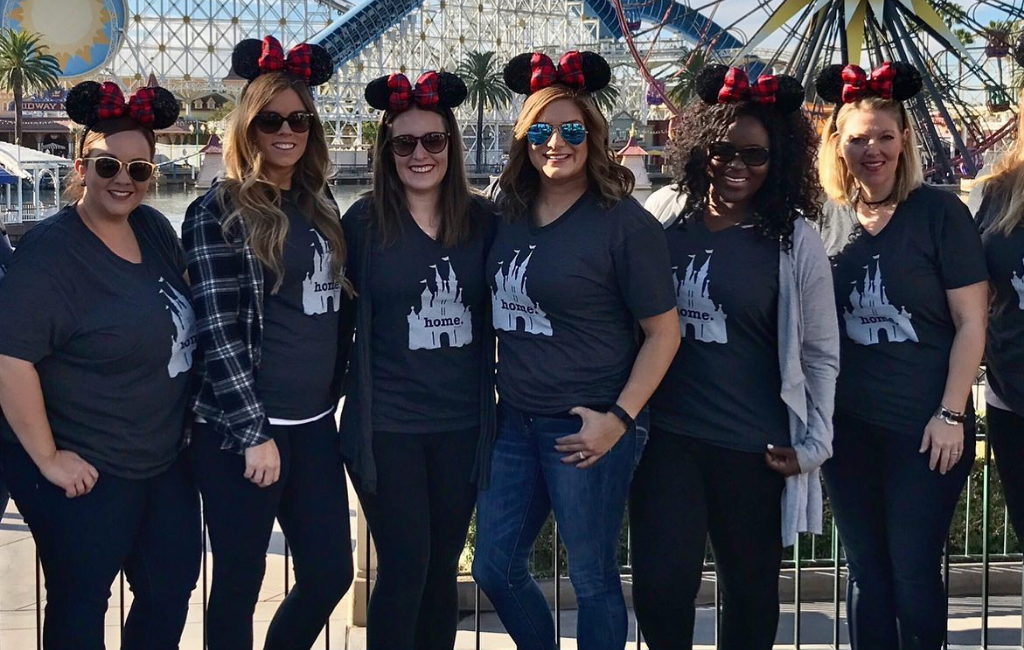
The Product
Home T’s flagship product is a collection of soft and comfortable T-shirts, each meticulously designed to represent a specific state or country. Priced at $32, these shirts serve as more than just apparel – they become a tangible expression of personal identity and pride in one’s roots. Made in the USA, the T-shirts boast a quality that aligns with the brand’s commitment to craftsmanship.
The T-shirts are not merely garments; they are a means for individuals to carry a piece of their home with them wherever they go. The designs are carefully crafted, featuring iconic symbols, state outlines, or country flags that instantly connect wearers to their places of origin. The fabric’s softness ensures comfort, making these shirts suitable for everyday wear.
Home T has expanded its product line to include additional items such as hats, tote bags, and pillows, although these contribute to less than 10% of overall sales. The company primarily sells its products online, with an active presence on Facebook, leveraging its substantial audience of 56,000 likes for targeted advertising. Customers can purchase these items directly through the Home T website.
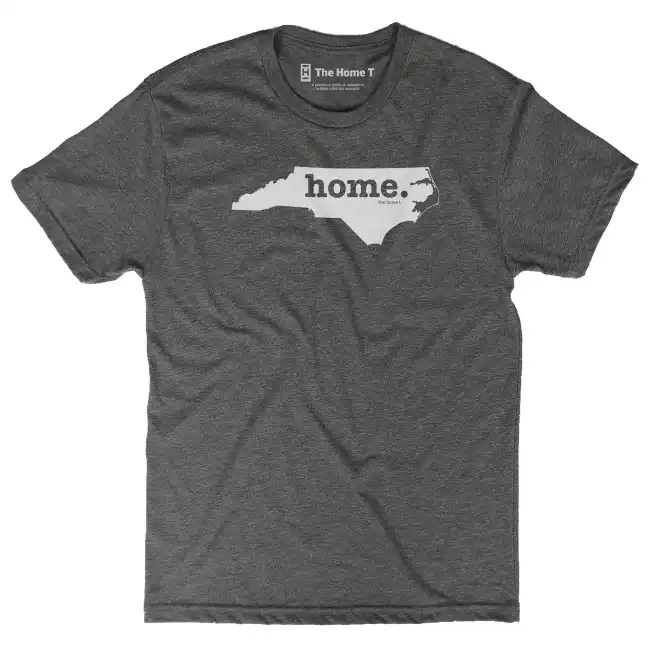
How It Went
The company’s position before Shark Tank
Founded by Ryan Shell, the company achieved impressive financial milestones, generating $1.1 million in revenue within its first 12 months. The profitability was notable, with a reported profit of $540,000 during that period, underscoring the efficiency and viability of the business model. The company has strategically focused on digital marketing, leveraging its significant Facebook audience of 56,000 likes for targeted advertising. This online presence has facilitated a direct-to-consumer model, with the majority of sales occurring through the company’s website.
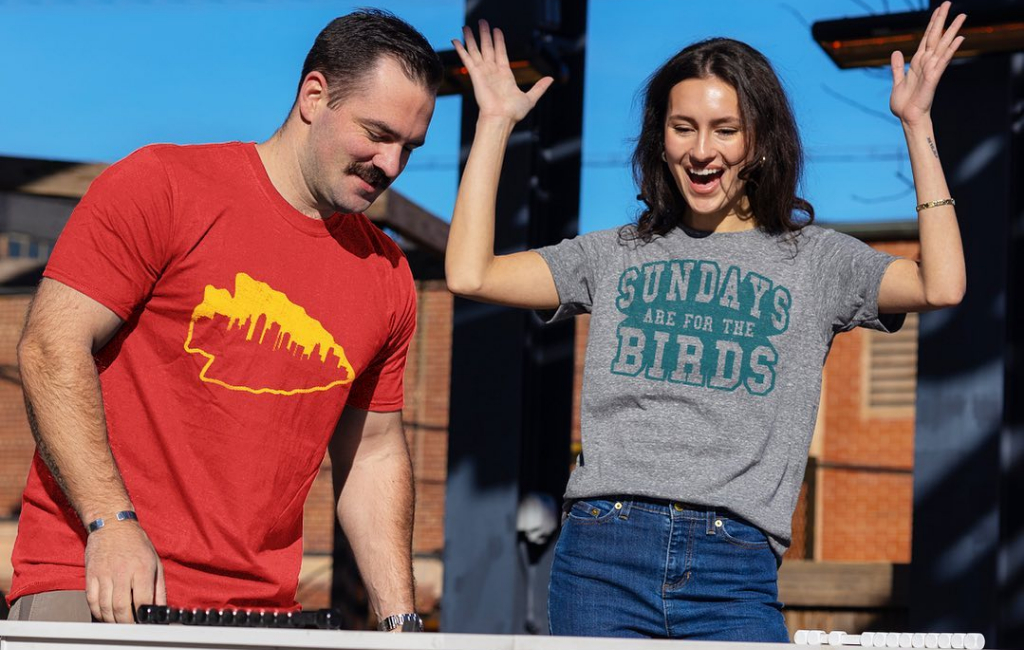
Word of mouth has played a substantial role in Home T’s success, with the brand benefiting from celebrity endorsements, including notable figures like Bryan Cranston and Hilary Duff, contributing to substantial boosts in revenue. Home T primarily operates as an e-commerce business, with less than 10% of its sales attributed to additional items like hats, tote bags, and pillows. While the company has explored trade shows to secure new accounts, its wholesale business remains a modest component of its overall sales strategy. In terms of funding, the company sought a $250,000 investment for 5% equity on the Shark Tank episode, indicating a valuation of $5 million.
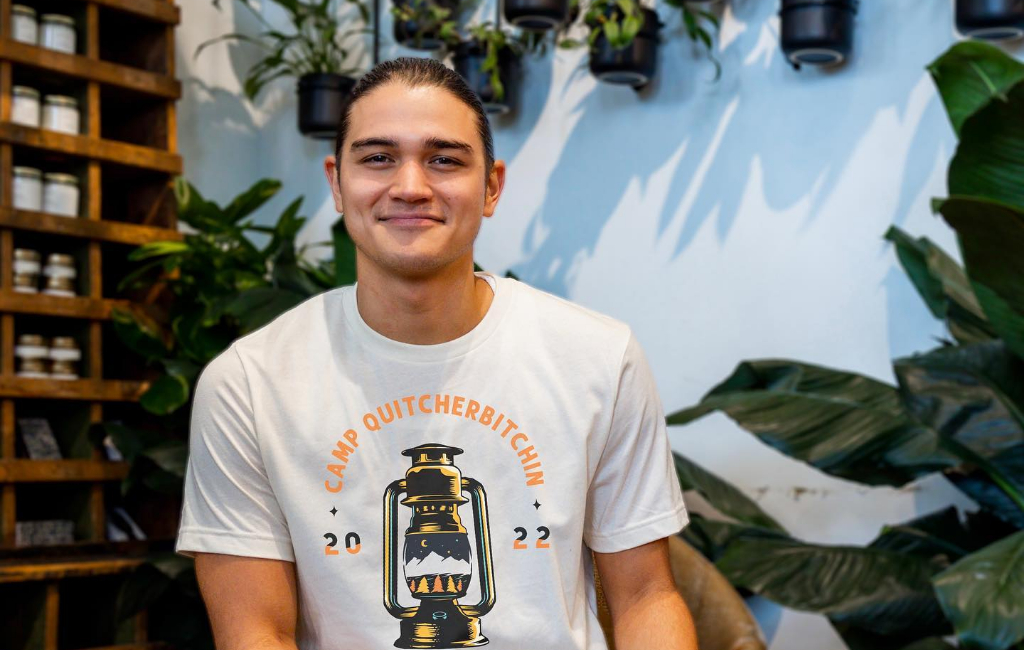
Despite profitability, the lack of proprietary elements raised concerns about potential competition and the company’s ability to weather industry challenges. The episode ended without a deal being secured, leaving Home T to continue its operations independently. The company’s financial health, customer base, and strategic positioning indicate a successful venture, but the challenges raised during the negotiation underscore the need for careful consideration of the company’s long-term sustainability and competitive edge in the dynamic apparel market.
The Negotiations:
The negotiation process on “Shark Tank” for Home T was a rollercoaster of valuations, offers, and strategic considerations. Ryan Shell, seeking a $250,000 investment for a 5% equity stake, valued his company at $5 million. However, the Sharks were quick to express skepticism about this valuation, particularly given the nature of the business—a T-shirt company. Kevin O’Leary, known for his pragmatic approach, immediately voiced concerns about the company’s valuation, asserting that T-shirts are a commodity without significant protectable features.
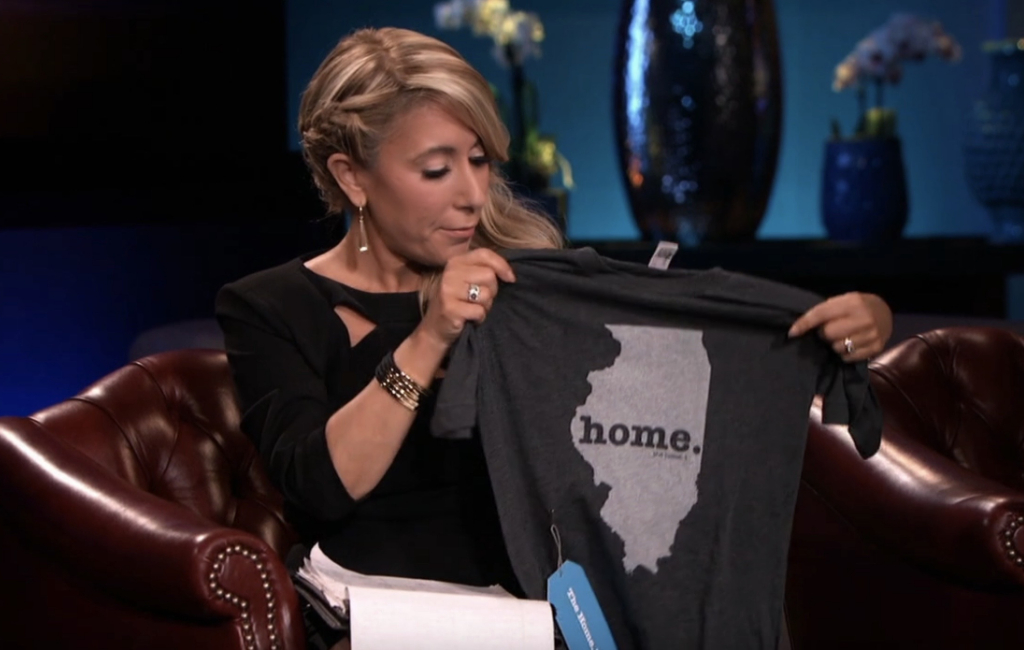
He declared himself out of the deal, emphasizing the vulnerability of a T-shirt business to potential competition. Mark Cuban, recognizing the challenges in the clothing industry, offered $250,000 for a substantial 35% equity share. Daymond John also expressed concerns about the company’s long-term prospects and urged Ryan to accept an offer and take the money. Lori Greiner and Robert Herjavec both made offers, with Lori proposing $250,000 for 30%, and Robert offering $250,000 for 35%. The negotiation took an unexpected turn when Ryan countered with a higher valuation, asking for 10% or 15% equity.

This move surprised the Sharks, especially given the company’s profitability and market position. Kevin O’Leary re-entered the negotiations, offering $250,000 for a 20% stake, but Ryan rejected the deal, stating he couldn’t understand how the valuation aligned with the company’s current earnings. Ultimately, the negotiations concluded with Ryan declining all offers, including a final one from Lori Greiner at $250,000 for 20%. Despite the Sharks’ interest, Ryan chose to maintain control of a larger portion of his company, leaving the tank without a deal but with newfound insights into the challenges and opportunities of the T-shirt business.






